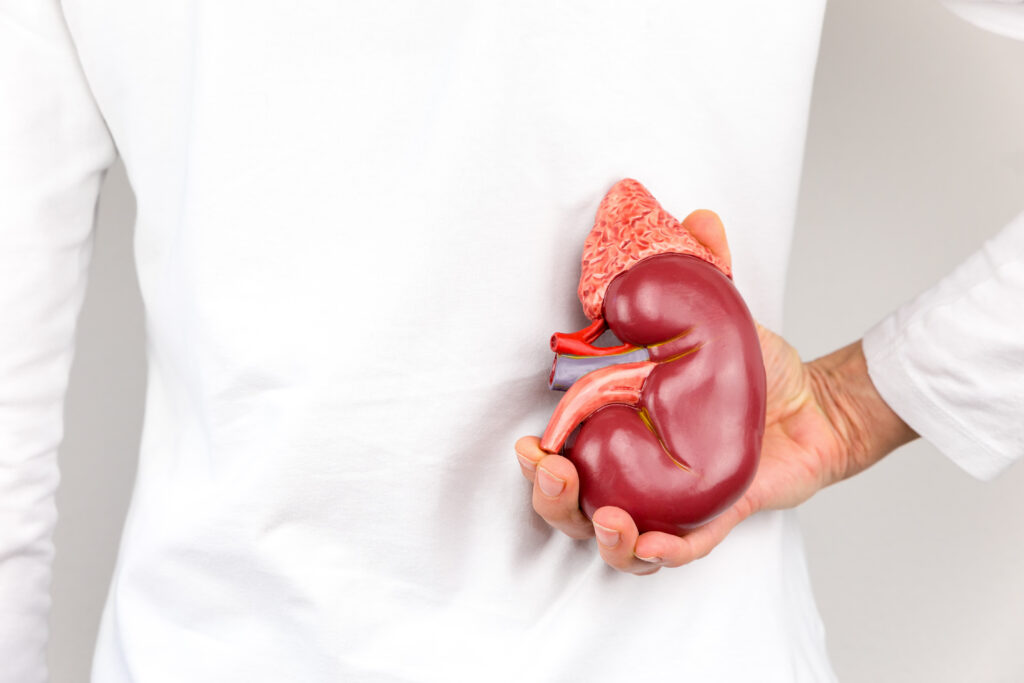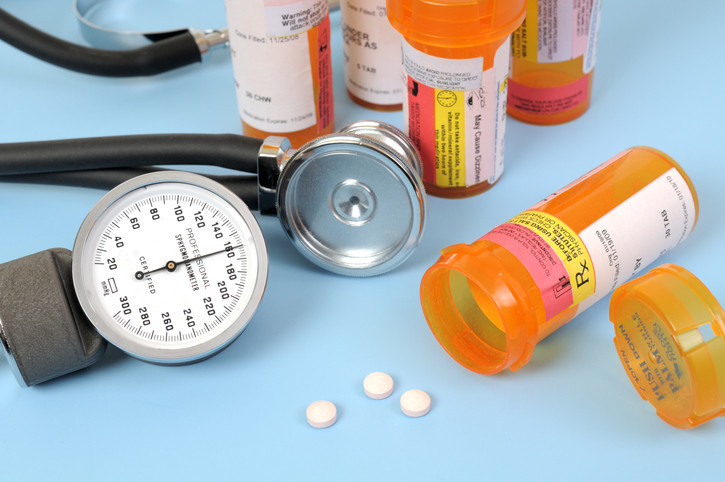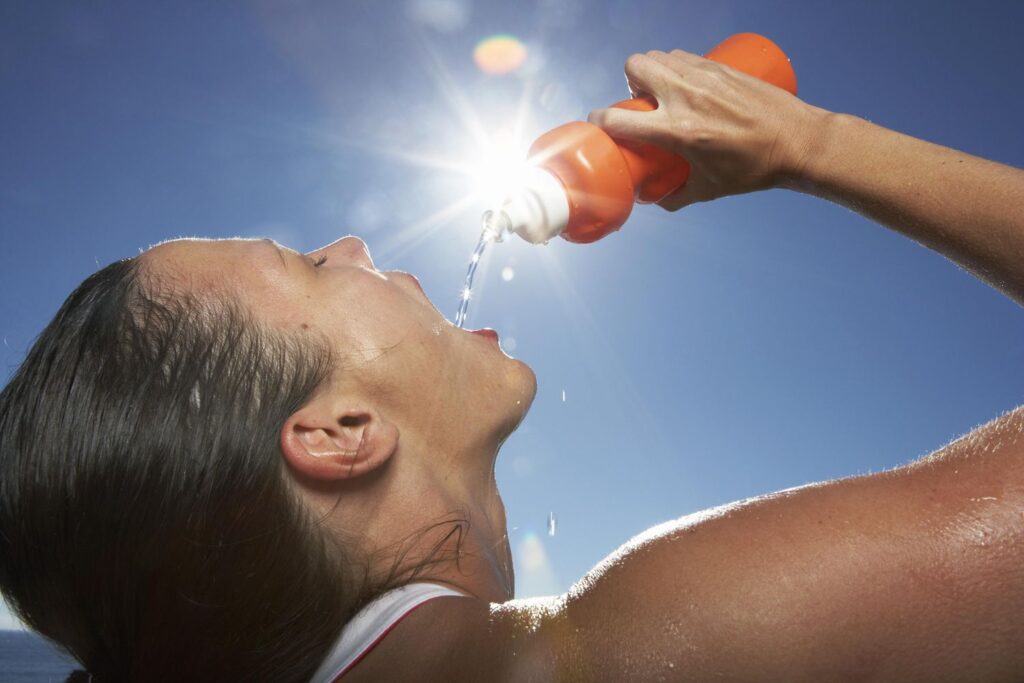Next week we celebrate World Kidney Day on 14 March, highlighting awareness of kidney health for all with health screenings and educational campaigns.
Nephrologists are most commonly consulted when a blood test called serum creatinine becomes elevated, which can indicate impaired kidney function.

Creatinine is a waste product generated by the muscles as they metabolize creatine, a substance found naturally in the body that is used to produce energy in the body. After creatinine is produced, it is filtered out of the blood by the kidneys and excreted in urine. Creatinine levels in the blood serve as a marker of kidney function because healthy kidneys should efficiently remove creatinine from the bloodstream.
When the kidneys are not working properly this can be due to either acute kidney injury (AKI) or chronic kidney disease (CKD). These are two distinct conditions affecting kidney function, and they differ significantly in terms of their onset, duration and underlying causes.
Acute kidney injury is a sudden and often reversible decline in kidney function that occurs over a short period, typically within hours to days. Serum creatinine levels can rapidly increase with or without a decrease in urine output.
Common causes of AKI include dehydration with vomiting and diarrhea, infections of the kidney, obstruction of the urinary tract, severe infections that affect the entire body and conditions that reduce blood flow to the kidneys, such as severe blood loss or low blood pressure.
Some medications are also associated with AKI when taken too often or in high doses, such as nonsteroidal anti-inflammatory drugs (NSAIDs) used for pain and inflammation like ibuprofen, naproxen, etoricoxib, celecoxib and aspirin. Certain antibiotics and blood pressure medications can also affect kidney function.

AKI may be reversible with prompt treatment, and kidney function may return to normal if the underlying cause is addressed properly.
On the other hand, chronic kidney disease is a progressive condition characterized by the gradual loss of kidney function over months to years. It can begin with acute kidney injury that progresses or persists for more than three months.

CKD is often asymptomatic in the early stages and may go undetected until it has progressed significantly. Common causes include diabetes, high blood pressure, glomerulonephritis, polycystic kidney disease and certain autoimmune diseases.
Treatment for CKD focuses on managing any symptoms, slowing the progression of the disease and preventing complications. Unfortunately, CKD is typically irreversible, and its progression can lead to end-stage kidney disease, where kidney function is severely impaired and requires dialysis or kidney transplantation for survival.
While serum creatinine is often tested with routine blood tests, these are some symptoms that should prompt you to get your creatinine levels checked and to see your physician:
1. Decreased urine output. This is more of a hallmark sign of AKI but can also occur with worsening CKD.
2. Fluid retention can cause swelling (also known as edema) of the legs, ankles, feet, face or other parts of the body.
3. Shortness of breath can happen when fluid buildup occurs in the lungs (pulmonary edema).
4. Patients can feel fatigue and weakness because of the accumulation of waste products and toxins in the bloodstream.
5. Nausea, vomiting and loss of appetite can also occur due to the buildup of waste products in the bloodstream.
6. Confusion, disorientation or changes in consciousness can also occur as the accumulation of toxins in the blood can affect brain function.
7. Chest pain or pressure can occur if there is fluid buildup around the heart (pericardial effusion) or inflammation of the heart lining (pericarditis).
8. High blood pressure can also occur due to fluid overload.
To protect your kidneys, maintain a healthy weight and diet, manage any medical conditions and get regular check-ups. Stay hydrated and limit any use of NSAIDs. Ask your doctor before taking any medications that are not prescribed for you.
If you have an elevated creatinine, consult with a nephrologist. Your kidney function can still recover if you receive the proper treatment right away.
